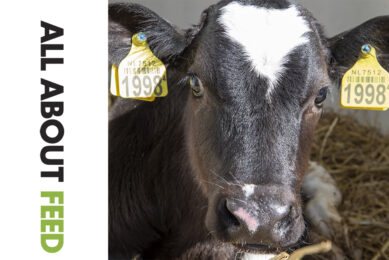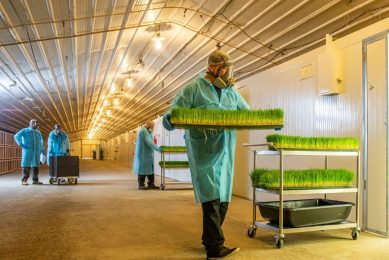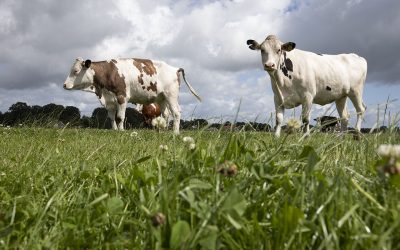Raw pet foods make raw claims

Some owners prepare raw food diets at home for their dogs as they see their pets as carnivores that evolved eating raw foods. This has inspired manufacturers to position meat-based frozen and freeze-dried dog foods as raw. The raw market segment is small, but it is on a significant upswing.
Labelling industrially produced dog foods as raw seems a contradiction in terms. Obviously, raw cannot stand for unprocessed, unprepared or fresh. Many foods designated as raw frozen or raw freeze-dried consist of uncooked or unheated ingredients. Some raw foods contain starch-rich constituents such as (sweet) potatoes, beans, peas and/or rice.
Feed your dog’s inner wolf..
Commercially sold raw foods claim to mirror the dogs’ ancestral diet. A slogan says “Feed your dog’s inner wolf with nature’s complete recipe”. As vehicle of nutrients, industrially made pet foods by definition deviate from what animals eat in nature. Moreover, the wide fluctuations in availability and variety of feedstuffs in the wild cannot be captured in pet food formulas. Complete raw frozen and freeze-dried canine foods provide more carbohydrates and fat, but substantially less protein than the wolves’ diet.
No objective evidence for health benefits of commercial raw foods
Many commercial raw foods recommended for all life stages may enhance the development of chronic kidney disease in senior dogs through their high phosphorus and protein levels. The high calcium concentrations may induce skeletal disease (osteochondrosis) in growing dogs of large breeds. In contrast, raw-food manufacturers claim a wide variety of health benefits (e.g. shinier coats, healthier skin and preventing many medical conditions). However, objective evidence that commercial raw foods have health benefits when compared with other types of complete, industrially produced foods is lacking. Two recent case reports describe that a commercial fresh frozen and air-dried raw food, which were presumably contaminated by thyroid gland tissue, induced intoxication with thyroid hormone in dogs. Furthermore, Salmonella species have been recovered from commercial raw meat-based foods and from faeces of dogs fed such foods. This could compromise the health of puppies and humans, but the risk magnitude of infection is unknown.











